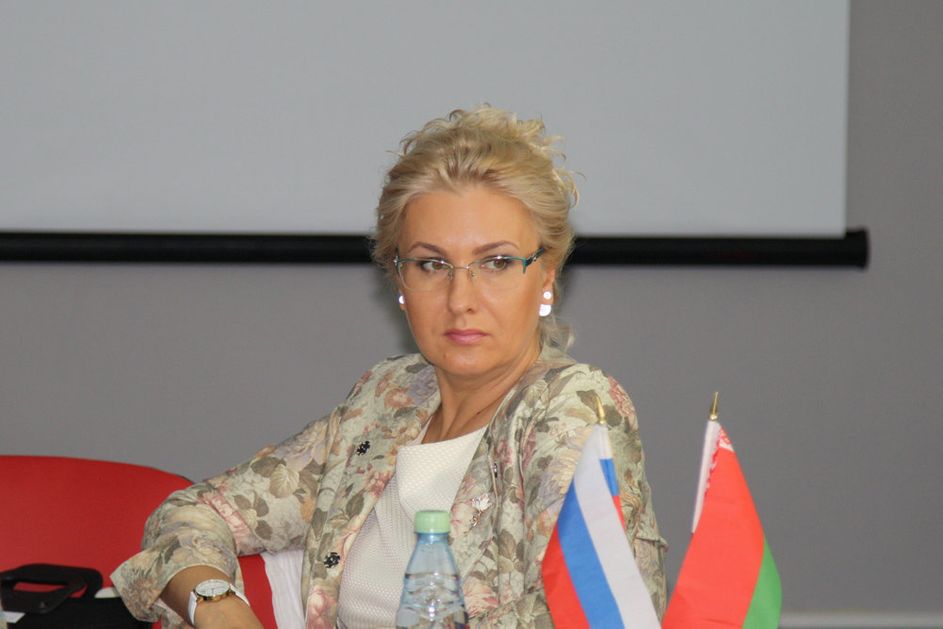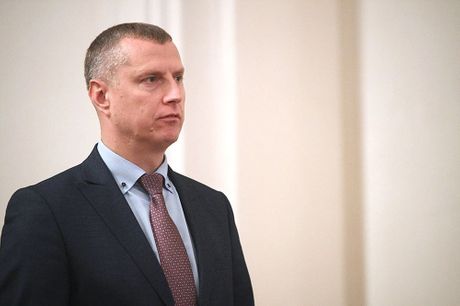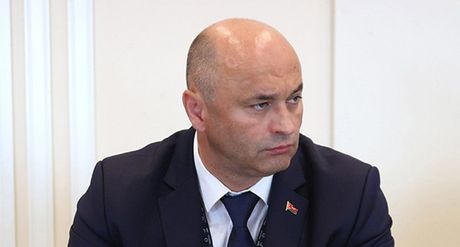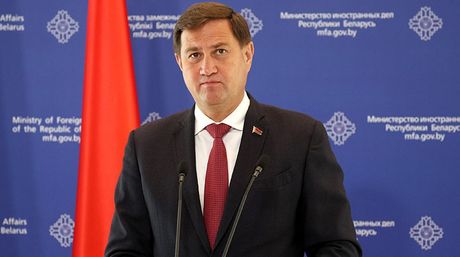Opinion: Pressure on Belarus and Russia will continue
13:00, 25 January

Elena Ponomareva. Photo from personal archives
Pressure on Belarus and Russia will continue. Therefore we need to explain to people what is happening, Doctor of Political Sciences, Professor of Moscow State Institute of International Relations Elena Ponomareva said at an online conference at the International Media Club, BelTA has learned.
- Share on Facebook
- Share on VK
- Share on Twitter
“The pressure on Belarus and Russia will continue. So we need to explain to people the essence of what is happening,” the expert said. “It is obvious that Belarusian citizens understand the complex political processes and believe in the system created in the country,” she added.
Journalists, historians and political scientists discussed the “Revolutions: from the collapse of the USSR to modern Maidans”. The collapse of the ‘mighty and invincible USSR' brought a wave of color revolutions that swept through the countries of the former USSR. Some of these countries were able to resist them, others were less fortunate. The process, which was launched in the wake of the destruction of the Soviet system, continues to this day, Elena Ponomareva noted.
“No wonder when in 1991 Brzezinski was receiving congratulations on the victory in the Cold War, he told reporters: we should not fool ourselves, we have fought and will continue to fight against the historical Russia, whatever it may be called,” the expert noted. Therefore, what is happening in our country and what Belarus has been going through for the last six months is a struggle with the historical Russia. Of course, technologies change, but the essence of the process launched by foreign players and internal destructive forces remains the same,” she said.
According to the professor, a modern revolution is devoid of ideology. “However, they are trying to revive the concept of ‘a new past' to find some ideas. Hence, reference to Latvian legionnaires, the heroization of Bandera, the mythologization of the Belarusian People's Republic. In addition, these are protests of the well-fed in the conditions of relatively liberal and enlightened authoritarianism. Conversations suggesting that Russia or Belarus are dictatorships are meant for narrow-minded people. Indeed, if Putin or Lukashenko were dictators, no one would take to the streets. Another feature of modern coups is the dehumanization of the leader. It is very dirty, but well thought-out. Discrediting things are distributed through mass media and modern messengers,” she emphasized.
The professor believes that the events of the early 21st century, starting from Belgrade, are modern technologies of changing political regimes or political upheavals that have nothing to do with revolutions as such. “A revolution is a change of the system and forms of ownership, it is about new ideas, a kind of historical project. The French Revolution and the October Revolution were among the world's most important events, because they transformed the world ideologically, culturally and geopolitically,” the historian recalled.
When asked about modern management of political technology, the political scientist emphasized the out-of-limit monopolization of information, communication and advertising space.
“For example, Google has dominated the search engine market, holding an 88% market share worldwide. Facebook, Instagram, and WhatsApp own 77% of mobile social traffic. This is a common trend. It is no coincidence that events in Arab countries were called Twitter revolutions. It is the independence of networks from the government that makes them attractive and alternative because they are perceived as an unbiased source of information. When people believe in the integrity of social networks, it becomes quite easy to stir up large masses of users. And, of course, to coordinate them on the street. Thus we see that political upheavals today are a high-tech product of the globalization era, which became possible only when mankind achieved a special quality of information technology through the development of all sectors of life - science, economy, communication means,” the professor summarized.
She suggested finding some kind of a model which would help explain what is valuable for the society and the people. In her view, it cannot be done without adequate education, ideology, social and cultural identity, and an emphasis on social and political experience.






